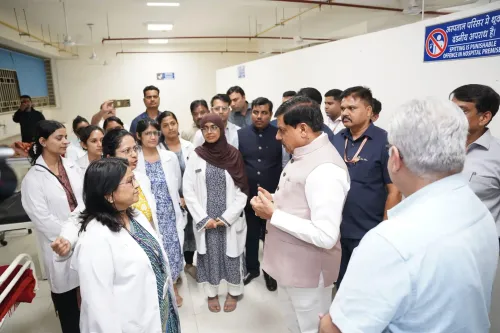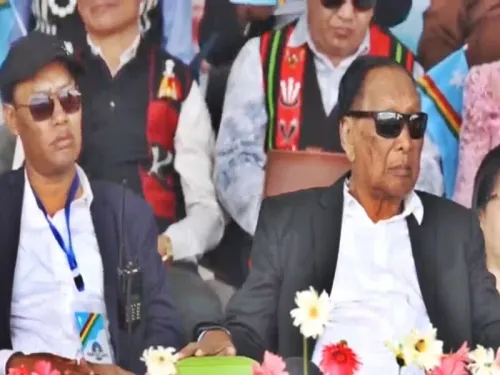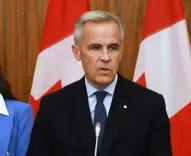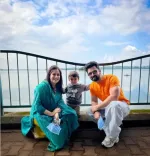Has the Punjab Cabinet Approved a Cashless Treatment Scheme of Rs 10 Lakh for Residents?
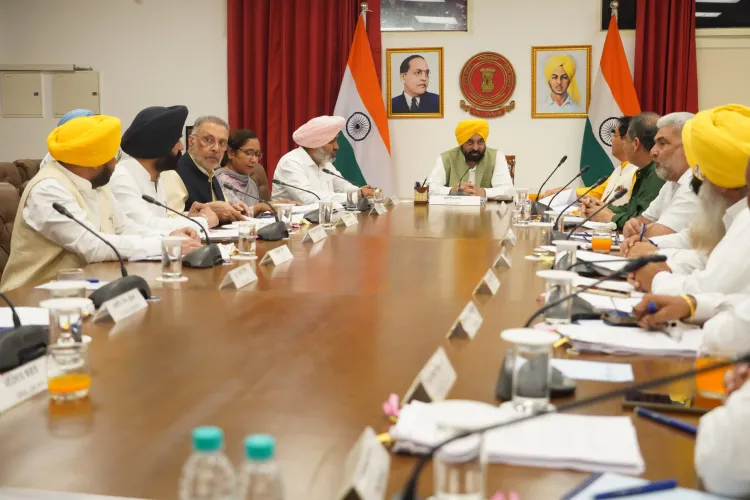
Synopsis
Key Takeaways
- Punjab's Mukh Mantri Sehat Yojna offers cashless treatment up to Rs 10 lakh.
- Launched on October 2, it aims to benefit 3 crore residents.
- Available to all families, regardless of income.
- Registration for health cards is easy via Aadhaar or voter ID.
- Treatment accessible at government and empanelled private hospitals.
Chandigarh, July 10 (NationPress) The Punjab Cabinet, under the leadership of Chief Minister Bhagwant Singh Mann, has officially endorsed the Mukh Mantri Sehat Yojna -- a groundbreaking initiative in India aimed at offering cashless medical treatment of up to Rs 10 lakh to the residents of Punjab. This decision was reached during a Council of Ministers meeting presided over by the Chief Minister at his official residence.
A spokesperson from the Chief Minister's Office confirmed that the scheme is set to launch on October 2, providing substantial relief to the citizens of Punjab. All families within the state will now qualify for cashless medical expenses amounting to Rs 10 lakh, making Punjab the pioneering state in India to grant such extensive healthcare coverage to every household.
This initiative is expected to benefit the entire population of approximately 3 crore residents, with over 550 private hospitals currently empanelled for the scheme, a number projected to reach 1,000 in the near future. Previously, treatment was limited to Rs 5 lakh per family, but this cap has been raised to Rs 10 lakh. Through this forward-thinking effort, Punjab establishes a new standard for the nation, being the first state to provide free healthcare, education, electricity, and bus travel to its populace.
Under the Mukh Mantri Sehat Yojna, every resident of Punjab, including government employees and pensioners, will receive complimentary healthcare, irrespective of their income levels. Unlike before, when only select families were eligible based on income criteria, this new scheme encompasses all residents. Health cards will be distributed at Seva Kendras or common service centers (CSCs).
Moreover, citizens can easily register online using their Aadhaar card or voter ID to acquire a health card. Treatment covered by the scheme will be accessible at all government hospitals and empanelled private facilities, ensuring that no resident of Punjab has to forgo necessary medical treatment due to financial limitations.


